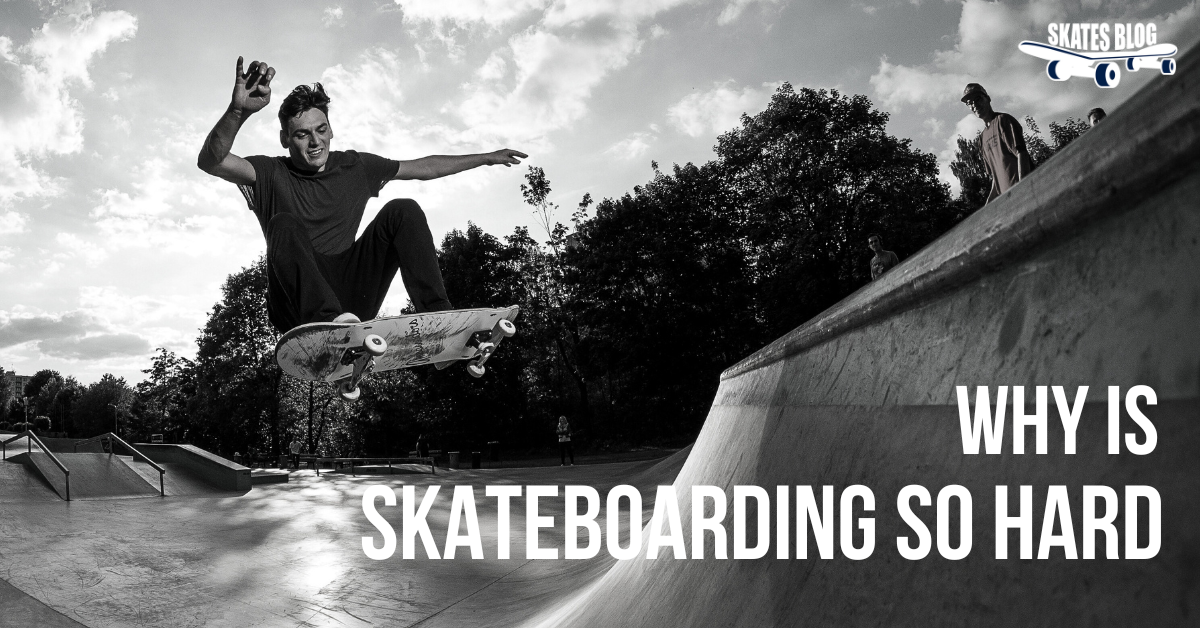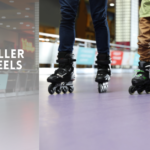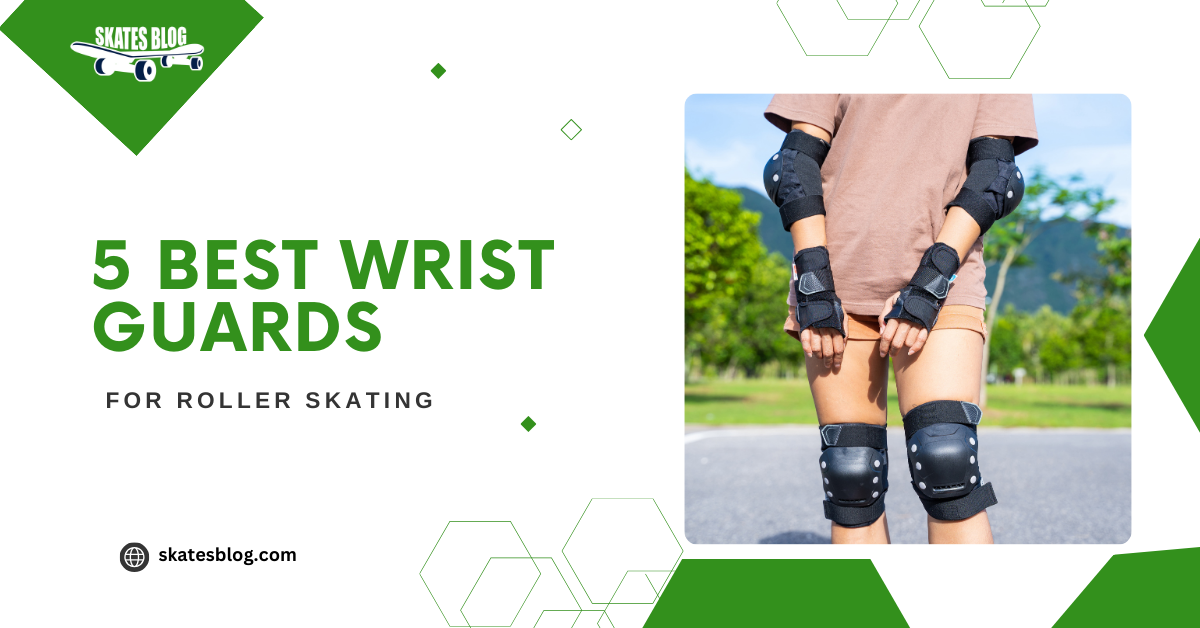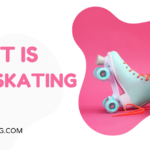Skateboarding is one of the most exhilarating and challenging sports out there. You can pull off some jaw-dropping tricks with skateboards and impress the audience with your skateboarding skills. Unfortunately, many people find this amazing sport extremely difficult to learn.
At times, skateboarding can be very frustrating and unforgiving for the new learners. It’s true that when you’re learning a sport for the first time, it might seem tough and challenging. But why does skateboarding seem to be so out of reach?
Well, in this article, we’ll try to understand Why is Skateboarding So Hard to master and give you 6 tips to become better at this sport.
Why is Skateboarding So Hard?
For anyone who has ever stepped onto a skateboard for the first time, it’s clear that skateboarding is far from a walk in the park. In fact, failure is your true friend in this sport as you’ll fail again and again. Here are some of the reasons why skateboarding seems very tough:
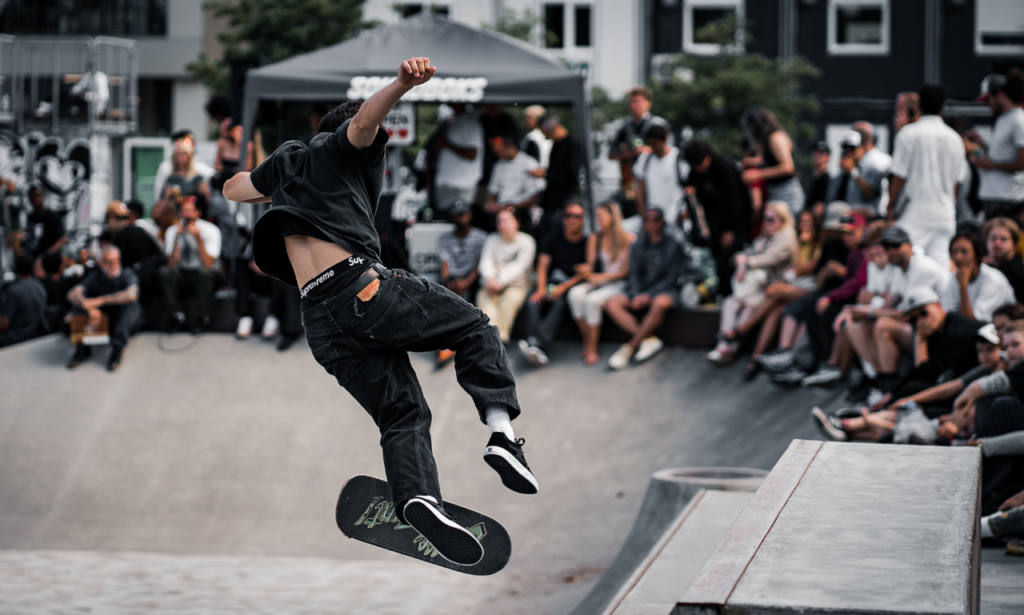
1. Balance and Coordination
In skateboarding, balance is the ultimate key to success. To ride this narrow deck with four small wheels, you’ll need to adjust your body movements and keep the balance. Your feet, legs, and even your arms must work in harmony to keep you steady. This heightened sense of balance is something that most beginners find challenging to develop. As a result, they tend to stop pursuing this sport.
2. The fear of falling
The fear of falling is a natural and common hurdle for skateboarders, especially if you’re a beginner. It’s also true that falling in the concrete while trying a trick can be an extremely painful experience. This fear of pain can become a barrier to learning new skateboarding skills for many beginners. Most new learners of this sport can’t overcome this fear factor and eventually give up skateboarding.
3. Risk of Injury
Skateboarding comes with a higher risk of injury compared to many other sports. Falling off a skateboard can result in scrapes, bruises, and even more serious injuries if not done safely. This type of risk often discourages newcomers from giving skateboarding a fair shot. Nobody wants to be hurt, and the idea of falling on concrete is enough to make some people think twice about taking up skateboarding.
4. Steep Learning Curve
Most beginners think skateboarding can be mastered easily and that’s a huge misconception. For the beginners, skateboarding has a steep learning curve. For instance, even a simple trick can take months to master and a beginner has to practice tons of hours for it. Most people don’t have this type of patience and lose interest in the sport.
5. Muscle Memory
To be a master at skateboarding, you’re muscle memory has to be top-notch. Developing muscle memory for these movements takes time and practice. You’ll encounter various situations and your body needs to learn to react instinctively. Since it can’t be achieved in one day, new learners easily give up skateboarding due to this extreme difficulty.
Skateboarding Tips for Beginners
If you’re new to this sport and want to master some cool skateboarding tricks, check out these six tips to become an expert:
1. Start with the Basics
First of all, you’ll need to master the fundamentals first in order to become an expert at skateboarding. Start by learning how to balance on a skateboard, gain momentum, and turn.
Balancing on a skateboard may feel awkward at first, but eventually, you’ll develop the necessary muscle memory and coordination for it.
When you master the basic skills, you’ll be able to move on to more advanced tricks of skateboarding.

2. Wear Protective Gear
You might get injured while skateboarding, so always keep yourself guarded with the necessary protective gear. A helmet is a must, also wear knee and elbow pads, with wrist guards for an extra layer of safety. These safety accessories can significantly reduce the risk of injury and give you a sense of confidence while practicing.
3. Find the Right Board
If you’re new to skateboarding, choosing the right skateboard is extremely crucial. Skateboards come in various shapes and sizes, each suited for different styles of riding. Additionally, the skateboard’s components like trucks, wheels, and bearings can impact how your board performs. You can also seek help from expert skaters and professionals in choosing the right board based on your skills and expertise.
4. Focus on Practice
Practice makes perfect, and in skateboarding, there is no alternative to putting long hours into practice. Allocate some hours of your daily routine to practice skateboarding. You might not see the results quickly but surely you’ll start to become comfortable as you gain more experience. You’ll gradually make improvements but the key is to practice regularly. The more you spend time with your board, the better you’ll become in mastering new tricks.
5. Take Small Steps
Know that you won’t be able to become a master in skateboarding within a few days. It requires a lot of time and effort, so don’t rush into trying difficult tricks right away. Begin with basic maneuvers like ollies, kickturns, and manuals. Mastering these tricks will help you acquire more complex moves later on.
6. Watch Skateboarding Videos
Thanks to the digital era, you can now learn skateboarding skills from top skaters in the world for free. There is a plethora of YouTube videos and tutorials on how to become an expert in skateboarding and you can learn a lot from them. Observing their techniques and tricks can provide you with insights into how to improve your own skateboarding skills.
Conclusion
There is no denying that skateboarding is a bit tough to learn, but it’s also quite rewarding as it offers pure fun and excitement. Remember, like anything in life, success in skateboarding takes time, practice, and determination. So don’t push yourself too hard, try to enjoy skateboarding, and eventually, you’ll get there. And also you can follow our more article about skateboarding.
FAQ
What are some common mistakes beginners make when learning to skateboard?
Often beginners don’t wear protective gear which sometimes leads to injuries while skateboarding. Additionally, new learners neglect to learn how to fall safely and often get injured.
Can I learn skateboarding on my own?
Yes, you can certainly learn skateboarding on your own. However, taking lessons from experienced skaters or professional instructors can accelerate your progress and help you avoid common mistakes.
How long does it take to become proficient at skateboarding?
It depends on your skills and learning abilities. With consistent practice and dedication, you can see significant progress in a few months to a year.
Are there age restrictions for skateboarding?
Skateboarding doesn’t have age restrictions. People of all ages can enjoy skateboarding. It’s never too late to start learning, and there are even skateboarding communities dedicated to older skaters.
